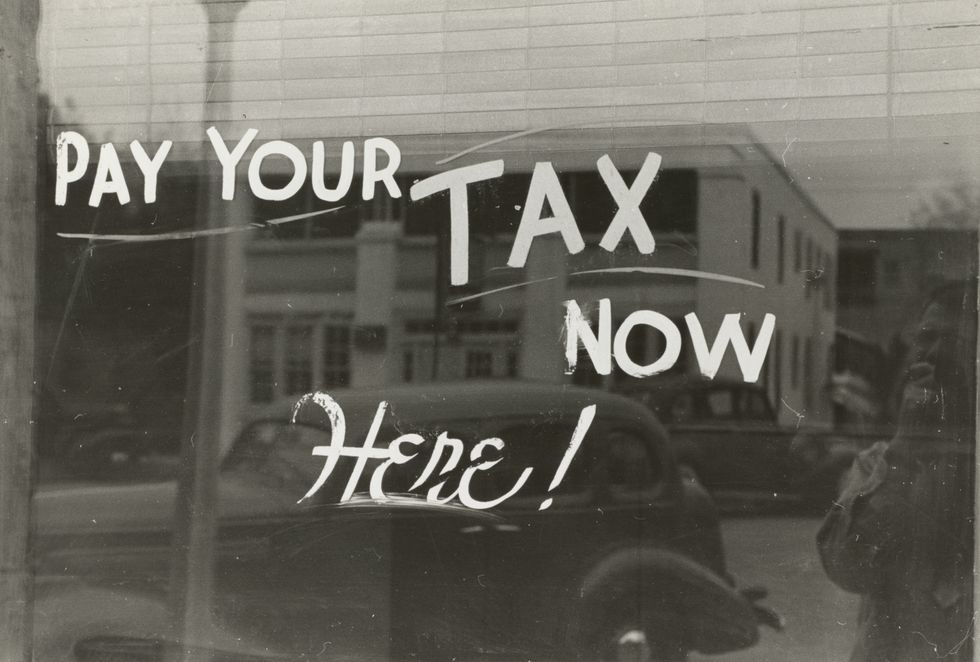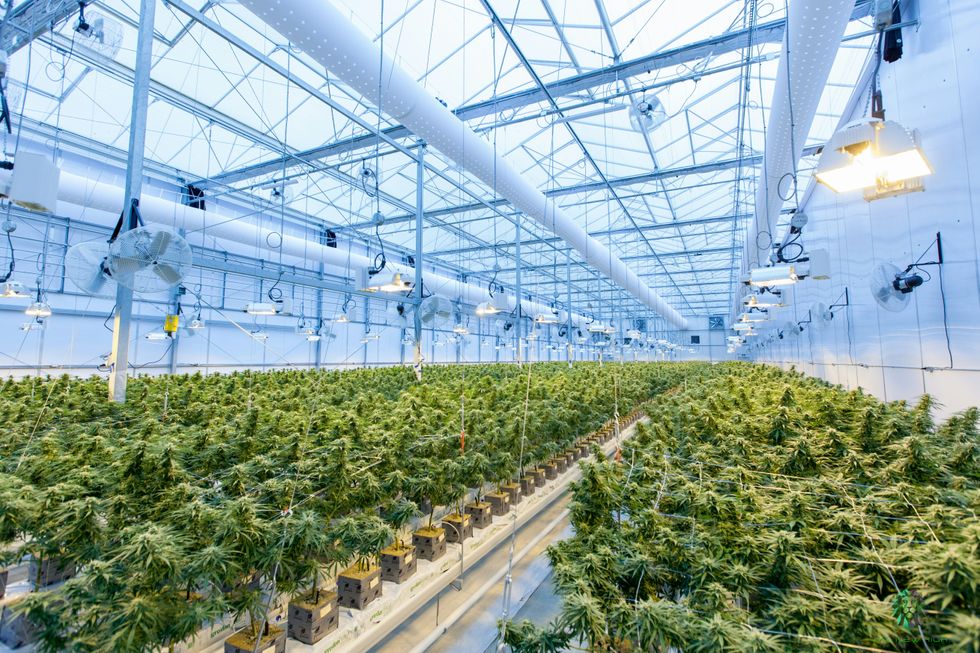California, the birthplace of modern cannabis culture and the largest legal weed market in the world, just pushed its struggling legal industry even closer to collapse.
On July 1, 2025, the state’s cannabis excise tax will rise from 15% to 19% — a staggering 26% increase — marking the maximum rate allowed under current state law. This decision, mandated by a revenue trigger in a 2022 law signed by Governor Gavin Newsom, reflects the grim reality: California’s legal cannabis industry is in free fall.
And this tax hike? It’s gasoline on the fire.
A Vicious Cycle: Why Higher Taxes Make a Bad Situation Worse
The justification for this increase is baked into state legislation. If cannabis tax revenues drop — as they have — the state must raise rates. On paper, that might sound like good fiscal policy. In practice, it’s a death spiral.
Cannabis sales are down not because demand has disappeared, but because California’s legal businesses can’t compete with the thriving illicit market — a market that pays no taxes, follows no regulations, and continues to supply the majority of consumers, according to recent state-funded research.
Higher taxes will only widen the price gap between legal and illegal products, driving even more consumers underground and pushing more licensed operators out of business.

Industry Voices: “The Legal Price Is Just Too Far Away”
Jerred Kiloh, president of the United Cannabis Business Association, put it bluntly:
“More businesses will close sooner as the legal price is just too far away from illegally obtained products. Less investment in starting or continuing cannabis operations will occur, and demand for cannabis licenses will decline exponentially.”
He’s not exaggerating. Thousands of cannabis businesses have already shuttered due to a toxic mix of overregulation, inconsistent enforcement, and sky-high operational costs. Operators who stuck it out through the tough years were holding on for reforms — not a tax hike.
Amy O’Gorman Jenkins of the California Cannabis Operators Association echoed the warning:
“We’re urging the Legislature and Administration to act quickly and freeze the tax at 15%. If we want a regulated market to survive in California, the time to intervene is now.”
A Growing Problem Across the U.S.
California is not alone in this mistake. States like New York and Massachusetts are also burdening cannabis with heavy taxes and rigid regulations — all while wondering why legal sales lag behind projections and the illicit market remains robust.
It’s a simple equation:
High taxes = higher prices = lower legal demand = more illicit activity = less tax revenue.
Rinse, repeat, collapse.
Opinion: Stop Treating Cannabis Like a Cash Cow
What we’re seeing isn’t just bad policy — it’s fundamentally dishonest governance. Leaders claim to support a thriving legal cannabis industry, yet enact policies that make that goal virtually impossible.
By continually using cannabis as a fiscal crutch — without fixing rescheduling, regulations, licensing delays, enforcement disparities, 280E, or equitable access to capital — states like California are ensuring that only the biggest, most well-funded players can survive. And even they’re struggling.
Let’s call it what it is: a slow-motion abandonment of legalization’s promise.
What’s Next?
There is a glimmer of hope. Assembly member Matt Haney introduced a bill to block the tax hike, which passed its first committee vote unanimously on April 24. But with just weeks left before the increase takes effect, the clock is ticking.
The question is: Will California finally listen to its operators, workers, and consumers? Or will it double down on a broken system — and let the world’s largest legal cannabis market become a cautionary tale?







 High-THC Weed Explored - The Bluntness Photo by
High-THC Weed Explored - The Bluntness Photo by  High-THC Weed Explored - The Bluntness Photo by
High-THC Weed Explored - The Bluntness Photo by  High-THC Weed Explored - The Bluntness Photo by Maria Fernanda Pissioli on Unsplash
High-THC Weed Explored - The Bluntness Photo by Maria Fernanda Pissioli on Unsplash 







 The Dominoes Are Falling Nationwide as Federal Prohibition Ends
The Dominoes Are Falling Nationwide as Federal Prohibition Ends
 DEA prohibited from randomly searching passengers at airports and other transport hubs - The Bluntness
commons.wikimedia.org
DEA prohibited from randomly searching passengers at airports and other transport hubs - The Bluntness
commons.wikimedia.org

 When it comes to pricing, cultivation methods matter - The Bluntness
Photo by
When it comes to pricing, cultivation methods matter - The Bluntness
Photo by